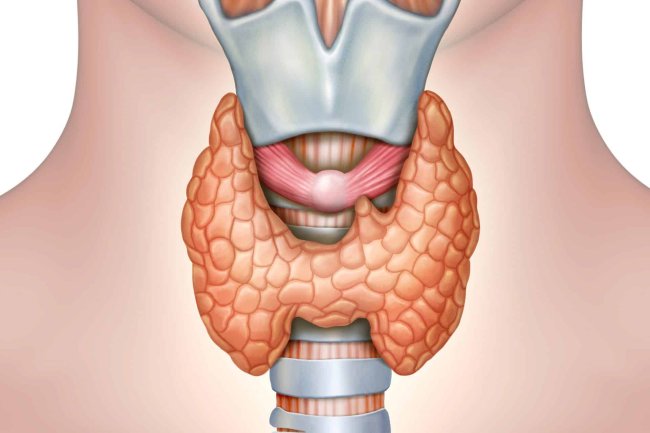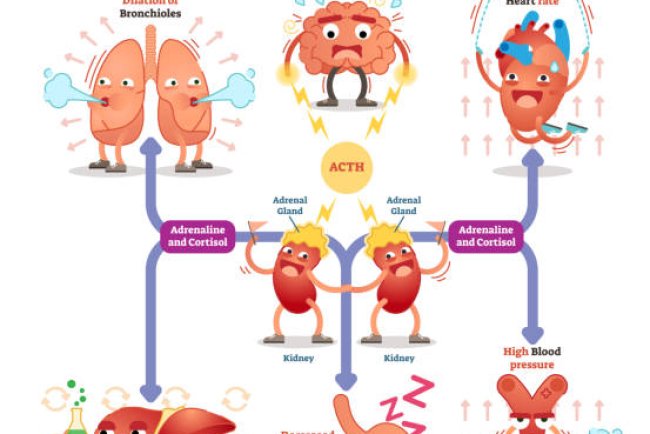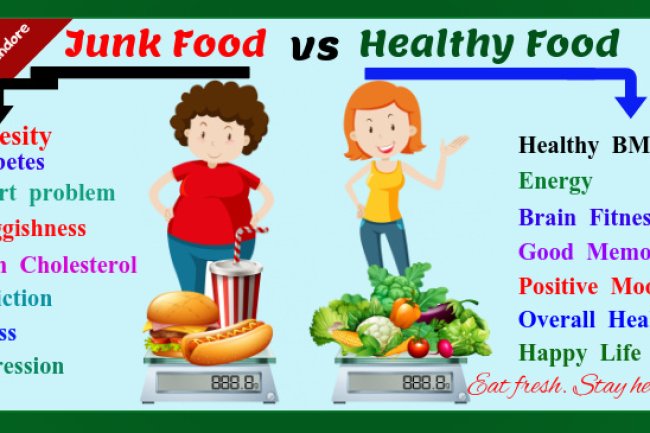Vitamin D
Vitamin D is a fat-soluble vitamin that plays a crucial role in several aspects of health.

Vitamin D:
-
Sources:
- Sunlight: The skin can produce vitamin D when exposed to ultraviolet B (UVB) rays from sunlight. Spending time outdoors, particularly during midday, can contribute to vitamin D synthesis.
- Foods: Some dietary sources of vitamin D include fatty fish (salmon, mackerel, tuna), fish liver oils, egg yolks, fortified dairy products, and fortified cereals.
- Supplements: Vitamin D supplements are available and may be recommended, especially for individuals with limited sun exposure or difficulty obtaining sufficient vitamin D from food.
-
Importance to the Body:
- Bone Health: Vitamin D plays a crucial role in calcium absorption and bone metabolism. It helps maintain adequate levels of calcium and phosphorus in the blood, promoting bone mineralization and preventing conditions like rickets in children and osteomalacia in adults.
- Muscle Function: Adequate vitamin D is important for muscle strength and function. Deficiency may contribute to muscle weakness and pain.
- Immune System Support: Vitamin D has immunomodulatory effects, helping regulate the immune system. It may enhance the body's ability to defend against infections and diseases.
- Mood and Mental Health: Some studies suggest a link between vitamin D deficiency and mood disorders. Sufficient vitamin D levels may contribute to mental well-being and reduce the risk of conditions like depression.
- Cardiovascular Health: There is evidence suggesting that maintaining optimal vitamin D levels may be associated with a lower risk of cardiovascular diseases. It may help regulate blood pressure and reduce inflammation.
- Supports Diabetes Management: Vitamin D may play a role in insulin sensitivity and glucose metabolism, potentially contributing to the management of type 2 diabetes.
- Pregnancy and Fetal Development: Adequate vitamin D during pregnancy is essential for the development of the baby's bones and immune system. It may also reduce the risk of complications during pregnancy.
- Cancer Prevention: Some research suggests a potential link between sufficient vitamin D levels and a lower risk of certain cancers.
- Autoimmune Diseases: Vitamin D is being investigated for its role in preventing or managing autoimmune diseases due to its immunomodulatory properties...
Vitamin D deficiency
Vitamin D deficiency occurs when the body doesn't get enough vitamin D, which is essential for various physiological functions. Here are key aspects of vitamin D deficiency:
-
Causes:
- Limited Sun Exposure: Insufficient exposure to sunlight, especially in individuals who spend most of their time indoors or live in areas with little sunlight.
- Dark Skin: People with darker skin produce less vitamin D from sunlight compared to those with lighter skin..
- Age: The ability to synthesize vitamin D decreases with age.
- Inadequate Diet: Lack of vitamin D-rich foods in the diet, such as fatty fish, egg yolks, and fortified dairy products.
- Malabsorption Issues: Conditions like celiac disease, Crohn's disease, and certain medications may interfere with the absorption of vitamin D.
- Obesity: Vitamin D is fat-soluble, and individuals with obesity may have lower bioavailability of vitamin D.
-
Symptoms:
- Early stages of vitamin D deficiency may not present noticeable symptoms.
- Common symptoms include fatigue, muscle weakness, bone pain, and joint pain.
- Severe deficiency can lead to conditions like rickets in children and osteomalacia in adults, characterized by soft and weak bones.
-
Health Implications:
- Bone Health: Vitamin D deficiency can lead to weakened bones, increased risk of fractures, and conditions like rickets in children and osteomalacia in adults.
- Muscle Weakness: Inadequate vitamin D levels may contribute to muscle weakness and pain.
- Increased Risk of Chronic Diseases: Some studies suggest that vitamin D deficiency may be associated with an increased risk of conditions such as cardiovascular diseases, diabetes, and certain cancers.
-
Diagnosis:
- Blood tests, specifically measuring the level of 25-hydroxyvitamin D, are used to diagnose vitamin D deficiency.
-
Treatment and Prevention:
- Treatment often involves vitamin D supplementation. The form and dosage will depend on the severity of the deficiency and individual health factors.
- Increasing dietary intake of vitamin D-rich foods or fortified products.
- Getting regular, moderate sun exposure, taking into account factors such as skin type, geographic location, and sun protection practices.
What's Your Reaction?















